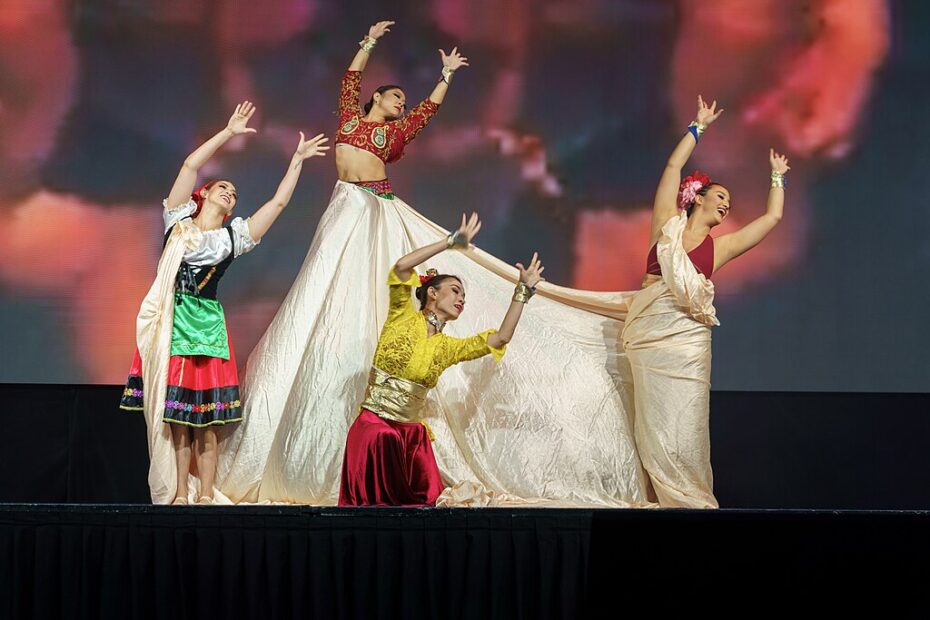The great celebration of everything Wikimedia will take place in Katowice, Poland, August 7-10 . Wikimedia Europe was asked to curate the track on Legal and Advocacy, which we are happy to support. As Wikimania 2024 gathers under the topic of the Collaboration of Open, we present under your consideration some ideas on how to align with this message.
You can submit a session proposal for Wikimania 2024 here.
Food for thought
In this time of global conflict, disinformation and digital authoritarianism, the Wikimedia movement offers a model for decentralised, grassroots governance of free knowledge. Our movement empowers communities to exercise their right to access knowledge, and to advance other fundamental human rights. The Wikimedia model offers inspiration on how to create connections between people of various backgrounds, cultures and beliefs.
Twenty years ago, policymakers and activists based in democratic countries believed that the internet would save democracy. Nowadays, many believe the internet threatens it. Powerful economic and political actors are using the advantages of online exchange to fuel social divisions and feed the attention economy. At the same time, new legislation emerges, shaping copyright, platforms’ liability protections, freedom of expression, or use of AI, etc. Do these laws support and nurture decentralised and community-governed online spaces?
“We tend to focus on the audience that already is very much into the new legislation or emerging policy trends. Isn’t Wikimania a great opportunity to reach out to a wider audience and get them interested in the impact of this work?”
All submissions welcome
As every year, there are many developments and activities to talk about. In this line of work, there is the expertise and there is the know-how, both very important to share and exchange on. We hope to see submissions:
- focusing on the substance of policy and advocacy activities, but also
- showcasing experience and know-how that we have gained throughout the years of doing this work.
How can proposals embody the topic of this year’s Wikimania: Collaboration of Open? For example, they can include ideas and learning in response to the following:
- How to explain the importance of community-led governance to the outside world? How can we do this work better?
- How do we explain the importance of the regulatory environment to our communities globally? What are the key issues and the most effective ways to mobilise Wikimedians to support our key advocacy objectives?
- How do we reach out to various like-minded communities outside of Wikimedia and build mutual support to achieve common goals through advocacy? What are the successful and unsuccessful examples of these collaborations and what can we learn from them?
Getting out of the silo
Often we tend to focus on the audience that already is very much into the new legislation or emerging policy trends. Meanwhile, isn’t Wikimania a great opportunity to reach out to a wider audience and get them interested in how policy, advocacy and legal developments impact their work? There are many ways to do this, of course! We thought of two practical approaches that can help tackle the topic of Wikimania 2024.
- Framing the session topics in a way interesting to a wide array of participants. This starts with the title – there is no need to cram in an abstract of your session, better to make it practical and relatable. Then you may want to ask someone to read your proposal and point out where the text gets too technical or “legalese”, before you submit. The easier it is to understand what are the practical implications of your work and topic, the more people may be interested in hearing the details.
- For longer formats, you may want to include contributors from partner organisations and activist groups and/or representatives of institutions and governments alike. As this is a hybrid event, they can participate online and on-site. Meeting your partners can be an interesting opportunity for our fellow Wikimedians and a good reason to join your talk or workshop.
We are very excited to read your proposals and discuss how jointly we can make this track informative, inspiring, collaborative and nurturing us forward into this important work!









